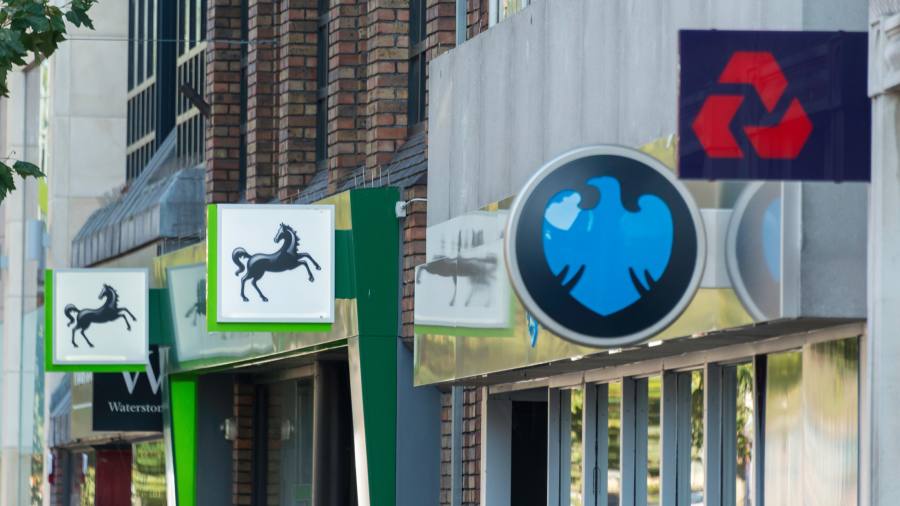
UK banks have warned City minister Andrew Griffith that taxes on the sector are disproportionately hitting midsized lenders and hindering competition in the banking market.
Banks including TSB and the Co-op Bank attended a meeting at the Treasury on Thursday to discuss a range of questions, including the tax surcharge that is applied to banks’ profits.
The meeting was held just before Liz Truss announced she would quit as prime minister and came ahead of the “Big Four” high-street banks announcing third-quarter earnings.
Analysts expect Lloyds, Barclays, NatWest, and HSBC — representatives of which did not attend the meeting — to post bumper annual profits in excess of £30bn.
But chief executives in attendance told Griffith and officials that taxes affected smaller banks in particular, preventing them from lending more and dissuading them from growing above a certain size.
As part of the Budget on October 31, chancellor Jeremy Hunt is expected to announce measures that will include setting the level of tax levied on banks.
Although he has confirmed that corporation tax will rise from 19 per cent to 25 per cent next April, Hunt has yet to decide whether the 8 per cent bank surcharge will be kept. Retaining it would give the sector an effective tax rate of 33 per cent.
The surcharge applies to banks whose profits exceed £25mn, a threshold that is next year due to increase to £100mn.
But smaller lenders on Thursday said the tax threshold was one of a number of factors that “disincentivise growth” and suggested the threshold rise higher than £100mn, putting more of the overall tax burden on the biggest banks that contributed to the 2008 financial crisis.
“The big banks get the benefit of rising interest rates going up, whereas we pay competitive rates on our deposits,” one banker at the meeting said. “So we’re not gaining the super advantage they are, yet we could end up paying the same tax rate as them.
“It’s a barrier to growth: once you start to grow beyond a certain size you then get penalised,” he added. “That higher level of tax means you’ve got less capital, which means you have less to lend — it restricts your ability to support the economy. The £100mn [threshold] is not enough.”
Another banker said “the higher the threshold the better”, adding that “all banks pay this corporation surcharge, even though we weren’t all here during the financial crisis”.
The Bank of England has granted licences to about 30 new banks in the past decade, as part of its mandate to boost competition in the market.
But midsized banks including TSB and Metro Bank have argued that punitive regulation and taxes impede their ability to grow and compete effectively with the Big Four.
“We’ve hit a ceiling where actually there’s a disincentive to grow,” one of the bankers said. “You have to consider whether it’s sensible to grow . . . because if I end up making any more profit or my balance sheet gets any bigger, I’m going to get penalised. This can’t be sensible for the banking sector and the economy.”
The Treasury said: “We want to ensure that UK financial services continues to be one of the most open, well-regulated and competitive markets in the world — and have committed to set out ambitious reform in the coming weeks.”